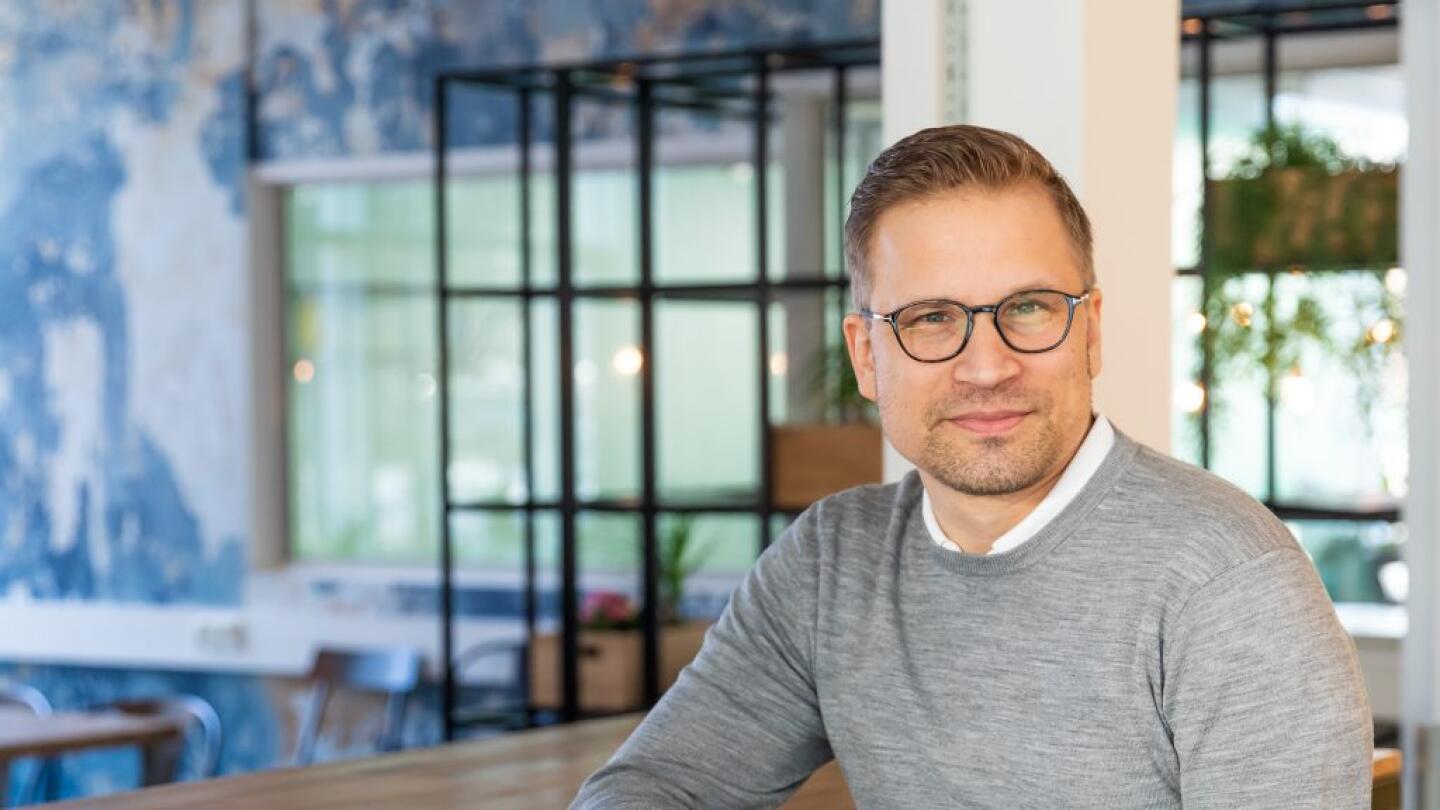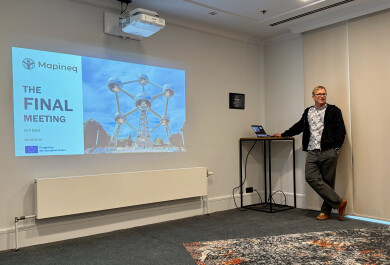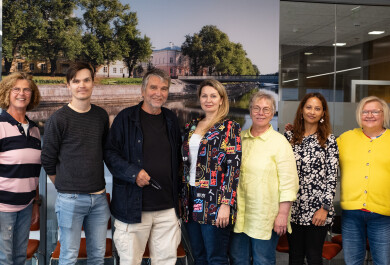The Finnish welfare system is a success story enjoying global admiration. However, there is one central deficit in the current welfare system: it does not sufficiently help families with accumulated disadvantages. The goal of the INVEST project’s researchers is to build a Welfare State 2.0 in which disadvantages are tackled with targeted interventions.
Tackling Inequalities in Time of Austerity (TITA) project has been ongoing since 2005 and it analyses inequality of economy, health, and well-being as well as the unequal opportunities people have. Now, some of these research projects have merged together with INVEST.
The researchers have investigated the mechanisms of inequality and its manifestation in income, wealth, consumption, education, health, trust, disadvantages, and family issues. Already, the researchers have made new discoveries, such as that the family leave systems in Finland and Sweden seem to explain the difference in the way Finnish and Swedish fathers spend their leaves, that social contacts contribute to the employment of immigrants, and that reference budget calculation illustrated how much money a person needs to reach an acceptable standard of living.
– We haven’t performed interventions, but we have strong expertise in analysing cohort studies. We can, for example, support the intervention studies of the other INVEST researchers by helping them find the optimal intervention group and evaluate whether the results from a certain cohort can be generalised to other cohorts, says the Director of TITA, Professor of Sociology Mikko Niemelä.
Funded by the Strategic Research Council of the Academy of Finland, TITA has invested in the impact and visibility of the research from the very start. The researchers have not merely waited for an invitation from the politicians to get to talk about their research findings, but offered the information on their own initiative and even compiled research information on current topics.
– For example, when the government considered changing the reimbursement for medicine expenses, the researchers of TITA simulated how the decision would affect different groups and what kind of influence it would have on income distribution. We were able to tell about our research to the Social Affairs and Health Committee and published a policy brief paper on the same day. That’s where the responsibility of us researchers ends. The politicians make the decisions, Niemelä says.
On that particular occasion, the government decided to back down on the proposed change.
Led by Professor of Sociology Jani Erola, the INVEST research consortium received great news at the beginning of the year 2019. The Academy of Finland selected the research consortium INVEST by the University of Turku and National Institute for Health and Welfare THL into its flagship programme with a funding of €8.25 million for four years.
Text: Erja Hyytiäinen
Photo: Hanna Oksanen
Translation: Lotta Junnila





